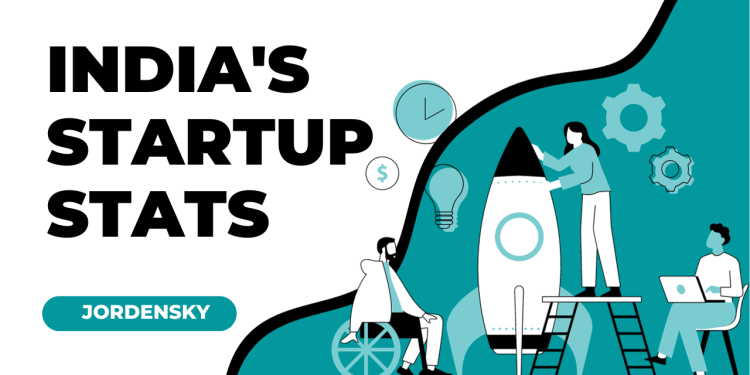🌟 Introduction
India’s start-up ecosystem has blossomed into one of the largest in the world, driven by innovation, entrepreneurship, and supportive government policies. From fintech to edtech, healthtech to e-commerce, startups are transforming the Indian economy and creating millions of jobs.
📈 Growth of the Start-up Ecosystem
- India hosts over 70,000 startups, with more than 100 unicorns (startups valued at over $1 billion).
- Major start-up hubs include Bengaluru, Mumbai, Delhi NCR, and Hyderabad.
- Government initiatives like Startup India provide funding, mentorship, and ease of doing business.
- Increasing investments from venture capitalists and angel investors.
⚠️ Challenges Faced by Startups
| Challenge | Description |
|---|---|
| 💰 Funding | Access to early-stage capital and sustainable cash flow |
| 📜 Regulatory Hurdles | Complex compliance and taxation requirements |
| 🔍 Market Competition | Intense competition both domestically and globally |
| 🧑💻 Talent Acquisition | Attracting and retaining skilled professionals |
| 🚀 Scaling | Managing rapid growth while maintaining quality and innovation |
🌟 Success Stories
- Flipkart: India’s e-commerce giant acquired by Walmart.
- Ola: Revolutionizing urban mobility with ride-sharing solutions.
- Byju’s: Leading edtech platform transforming learning experiences.
- Zomato: Popular food delivery service expanding globally.
- Paytm: Pioneer in digital payments and financial services.
🧠 Expert Insight
“India’s startup ecosystem is vibrant and resilient. With continued support and innovation, it will play a key role in India’s economic growth.”
— Anil Mehta, Venture Capitalist
🔚 Conclusion
India’s startup scene is a dynamic engine of growth and innovation. By overcoming challenges and leveraging opportunities, startups can continue to create value and disrupt traditional industries.
































































